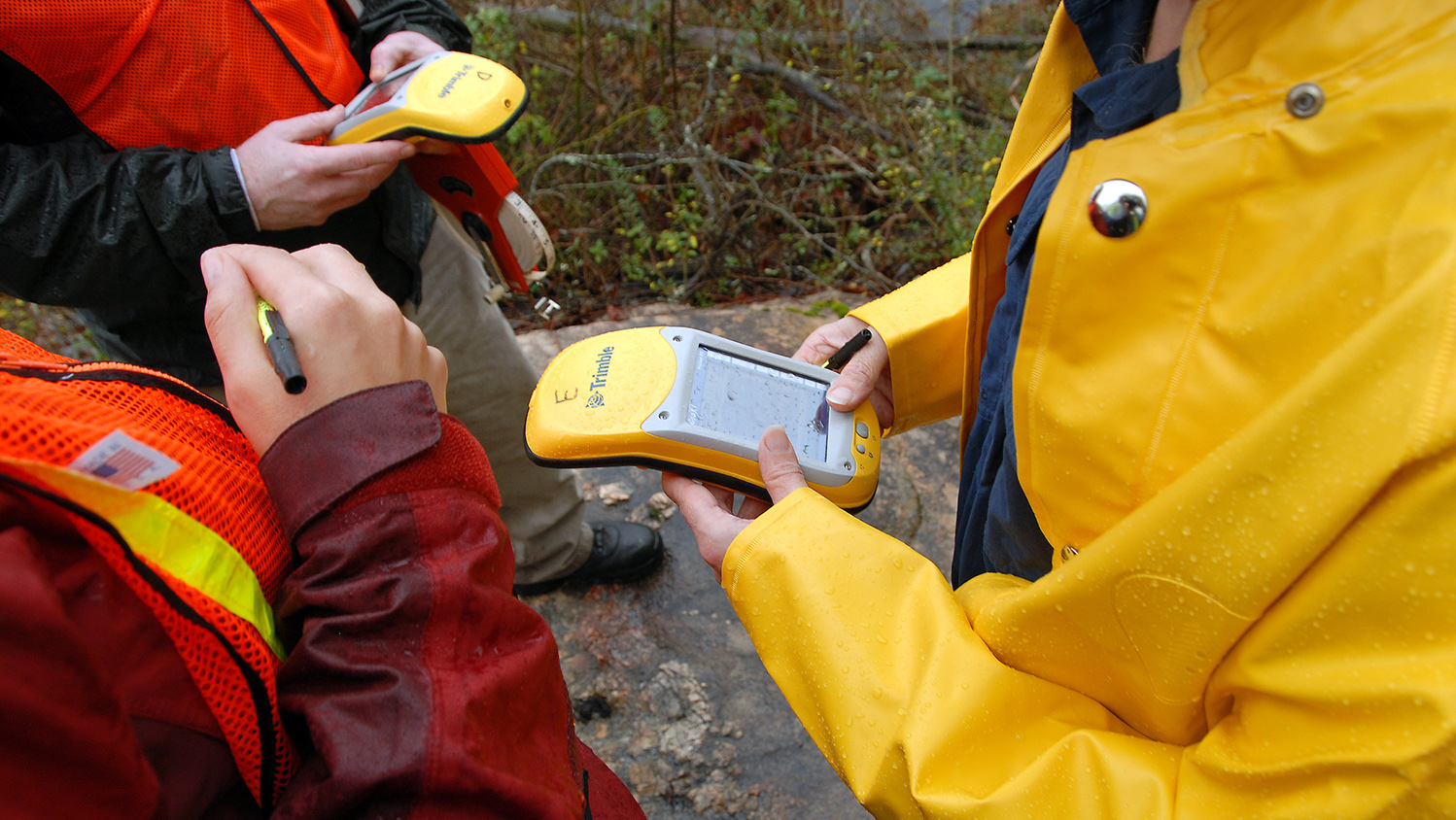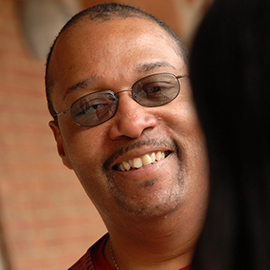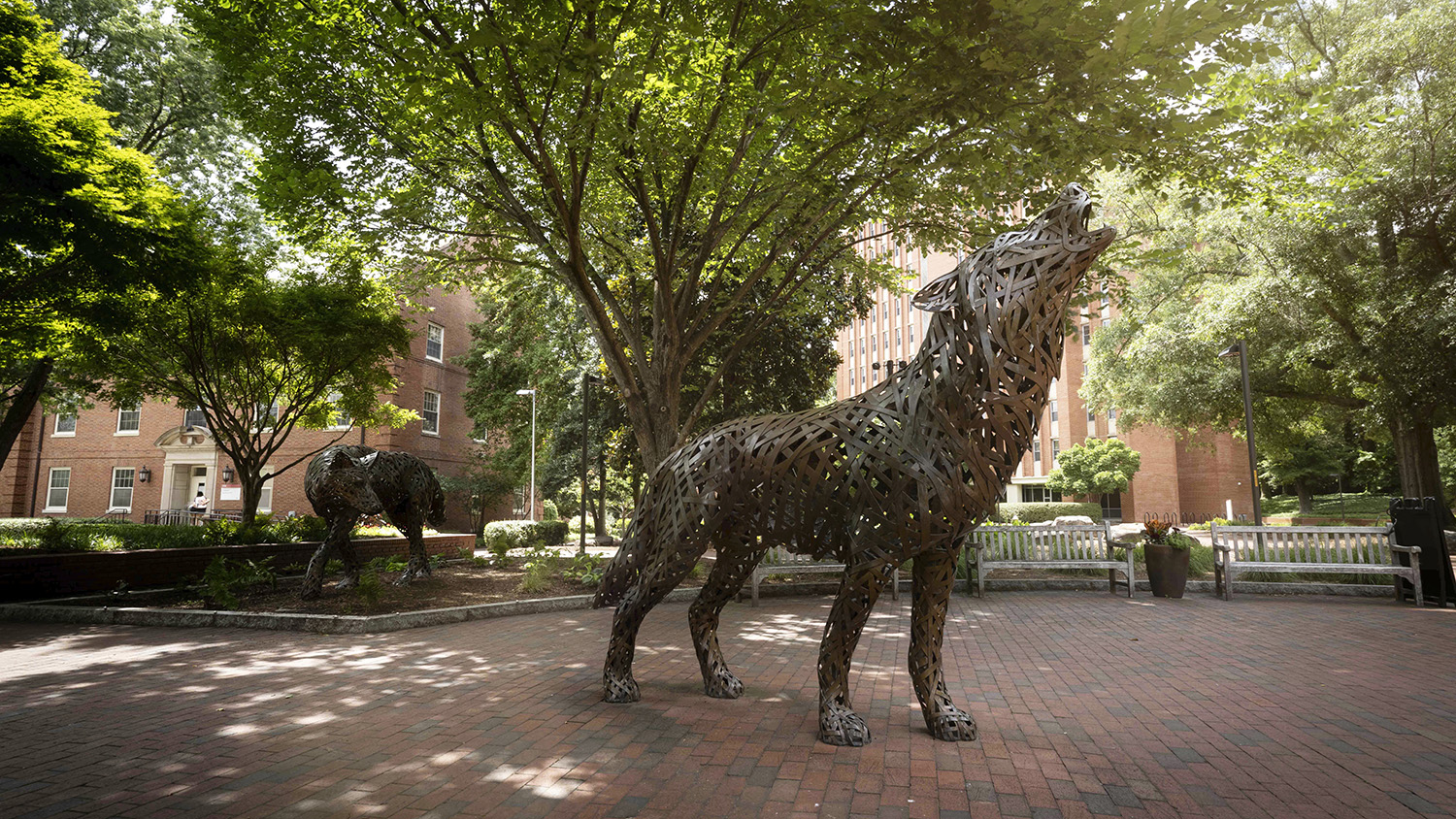Pack Hacks for Faculty: Engagement Scholarship

Welcome back to Pack Hacks for Faculty. Each month, a member of the NC State faculty will provide quick tips, advice and other insight to facilitate your teaching, research, scholarship or engagement activities. If you are interested in making a submission for a future Pack Hacks for Faculty, please review our submission guidelines and contact provost-communications@ncsu.edu if you have questions.
This month, Kwesi Brookins, NC State Community Engaged Faculty Fellow, associate professor in the Department of Psychology, provides avenues for creating a culture of community engaged scholarship on campus.
Engagement Scholarship

Engagement scholarship has a firm grounding at NC State. In 1999, led by a small group of faculty, and parallel with what was happening in universities across the country, efforts were made to build a culture of community engaged scholarship. In 2006, NC State was one of the first universities in the country to be designated as a Carnegie Community Engaged Institution, defined by “the collaboration between institutions of higher education and their larger communities (local, regional/state, national, global) for the mutually beneficial exchange of knowledge and resources in a context of partnership and reciprocity.”
Subsequently, a 2010 Provost’s task force report on the scholarship of engagement provided guidance and recommendations to assist faculty in building their engagement scholarship portfolio, and, integrating it into hiring, tenure, and promotion policies. The definition used in that report remains current at NC State and states:
The scholarship of engagement is the collaborative generation, refinement, conservation, and exchange of mutually beneficial and societally relevant knowledge that is communicated to and validated by peers in academe and the community.
Accordingly, University Outreach and Engagement, in partnership with the Office of Faculty Development, is working to enhance engagement scholarship opportunities and guidelines. Below are a few of the key points faculty interested in building their engagement portfolio should consider.
Learning, Discovery, and Engagement
In practice, engagement scholarship can cross all realms of faculty responsibility. The focus is the degree to which the engagement meets the key criteria for all types of scholarship as well as the mutual benefit it has for communities and the university. For the latter, the most important question to ask during the engagement process is to what extent has the researcher involved the external partner in the process extending from the generation of research questions through the interpretation of data.
Statement of Faculty Responsibilities (currently called Statement of Mutual Expectations)
The best way to get started on engagement scholarship, and to get proper credit for it in your tenure and promotion portfolio, is to build it into your Statement of Faculty Responsibilities. When properly done, engagement offers many opportunities for research and scholarship that can be peer reviewed and provide community impact. A variety of resources exist for the many types of products that can capture both the reciprocal nature of community engagement as well as the rigor of the research.
Opportunities for Collaborations and Partnerships
When I arrived to NC State as an ecological-community psychologist, one of the things that attracted me was the many opportunities within the Triangle area to integrate my research interests with community-identified needs. Given the continued growth in the area, our communities, governments, nonprofits and businesses are eager to take advantage of the intellectual capital available at NC State to address new challenges and opportunities. Indeed, it is nearly impossible these days to apply for research funding without being very clear about its broader impacts, particularly those defined by the communities with which the researcher is engaged. Thus, broader impacts IS community engagement.
Incentives for Engaged Faculty
And finally, University Outreach and Engagement offers support for faculty engagement via incentive grants, conference travel, faculty mentoring, and recognition for outstanding work via the Outstanding Extension Service Awards and the Academy of Outstanding Faculty Engaged in Extension. We encourage you to seek out and take advantage of these opportunities that fit your scholarship and helps NC State fulfill its land-grant mission.
Kwesi Brookins is an Engagement Scholarship Fellow with University Outreach and Engagement, and an associate professor in Applied Social and Community Psychology and Africana Studies in the College of Humanities and Social Sciences. He can be reached at craig_brookins@ncsu.edu.
- Categories:


